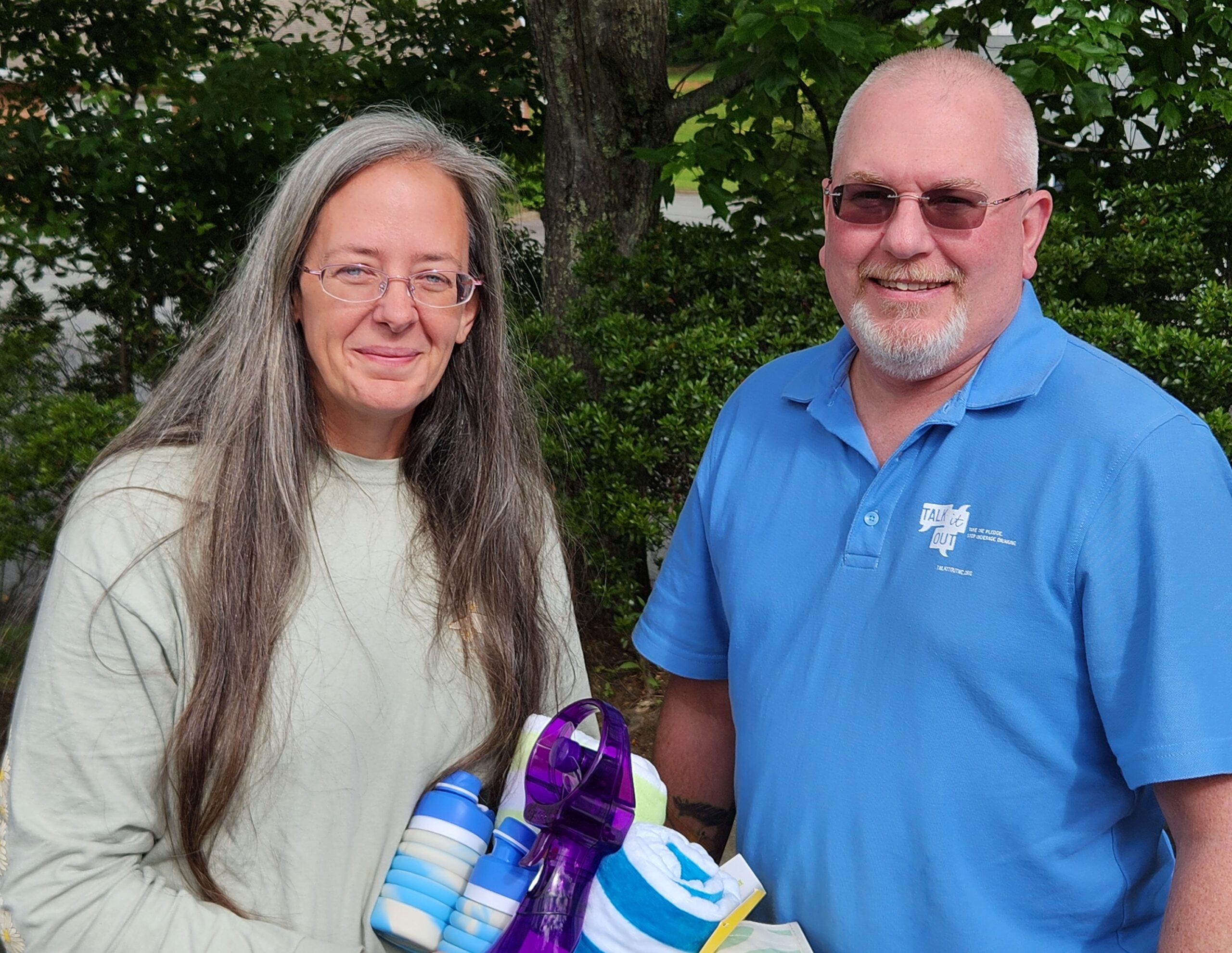How Do I Tell My Parents I Need Help?

Being a teenager can be challenging. Juggling the demands of school and extracurricular activities, navigating social situations and relationships with friends, trying to figure out what you want from life – all of it can lead teens to feel overwhelmed, stressed out, or depressed.
While wanting to escape these feelings is totally normal, some teens start using substances like alcohol because they believe it will help them cope. Nothing could be further from the truth. In reality, underage drinking only makes bad situations worse.
If you’re using alcohol to deal with difficult feelings, or thinking about trying it, recognizing that you need help is a courageous first step. However, you might be wondering, “How do I tell my parents I need help?” Here are suggestions on how to start that important conversation.
Steps for a Successful Conversation
Talking to your parents (or a trusted family member or mentor) about substance misuse can be a difficult conversation even if you have a great relationship with them, and it’s natural to feel apprehensive or anxious. Although you definitely don’t want to delay the conversation any longer than necessary, there are a few steps you can take to prepare for your discussion and ensure that it goes as smoothly as possible:
- Examine your feelings: Before talking with your parents, it’s a good idea to acknowledge which emotions you’re struggling with. For example, you might feel anxious, scared, sad, lonely, or angry. How has using alcohol (or the thought of using it) affected those feelings and other areas of your life? The more information you can give your parents, the better they’ll be able to help.
- Think about what you’ll say: Knowing how to ask your parents for help isn’t simple, but you can find some useful tips on the Talk it Out NC website. It may be helpful to organize your thoughts and write down a few things you want to say. A little bit of preparation can help you stay focused as you explain your concerns.
- Pick the right time: Choose a place where you and your parents will have privacy and a time when you can talk without interruption. Don’t try to cram the conversation in when they’re busy with something else or getting ready to head out the door.
Starting the Conversation
Once you’ve made your preparations, it’s time to take some deep breaths and talk with your parents. Be open and honest with them:
- Share your feelings: Begin by telling your parents how you’ve been feeling (sad, anxious, overwhelmed, etc.) and why you believe you’re feeling that way. You could say something like, “School has been really challenging, and I’m so worried about my grades that I can’t fall asleep at night” or “I broke up with the person I was dating and I started drinking to try and forget about it.”
- Explain your actions: Acknowledge that you’ve been engaging in underage drinking to try to numb these feelings. You might say, “I thought alcohol would make me feel better, but I realize it’s creating more problems for me.”
- Ask for help: Let your parents know you’re ready to make changes but need their support and guidance to do so. You can ask, “Will you help me find better ways to handle my emotions?”
Things to Keep in Mind
Remember this is a conversation, not a monologue. Naturally, your parents will have reactions, and they may express surprise, disappointment, concern, or even anger. As they process the information you’ve just shared, keep these things in mind so you can help keep the conversation on track and productive:
- Remember your parents are human: You’ve just told your parents that their child is hurting and potentially in danger, so it shouldn’t surprise you if they have a strong response. Remind yourself that their reactions come from a place of love and concern.
- Listen to them: Let them ask questions and express their feelings. Show that you really do want their help by listening to their perspective now.
- Remind them that you came to them for help: Let them know you trust them to help you find ways to make positive changes in your life.
Steps to Take After the Conversation
After your parents get over their initial surprise, you can begin discussing how you can all work together as a team to help you stop using alcohol. Here are some tips to consider:
- Find healthy coping strategies: Your parents may suggest better ways for dealing with stress or heavy emotions. They might encourage you to try exercising more or to express yourself through a creative activity like writing, drawing, or dancing.
- Maintain healthy relationships: Talk with your parents the about peer pressure you’re facing and they can help you decide which friendships to nurture and which to let go. Cutting ties with friends is often painful, but it’s important to ask yourself which of your friends really care about your physical and mental health and have your best interests at heart. Having strong connections with friends and family members who care about you can make it easier to avoid underage drinking.
- Seek professional help: If your alcohol use has become a serious issue, you may need the support of a professional. Your parents can help you find a counselor, therapist, or support group in your area.
Get More Support from Talk it Out NC
If you’re asking, “How do I tell my parents I need help,” you’re not alone. Many teens have been exactly where you are. Talk it Out NC is here for you!
We provide tools and resources to help you say “no” to underage drinking. Plus, we can assist you in figuring out how to tell your parents you need help. Visit our website for ideas that will help you Start the Conversation today.



